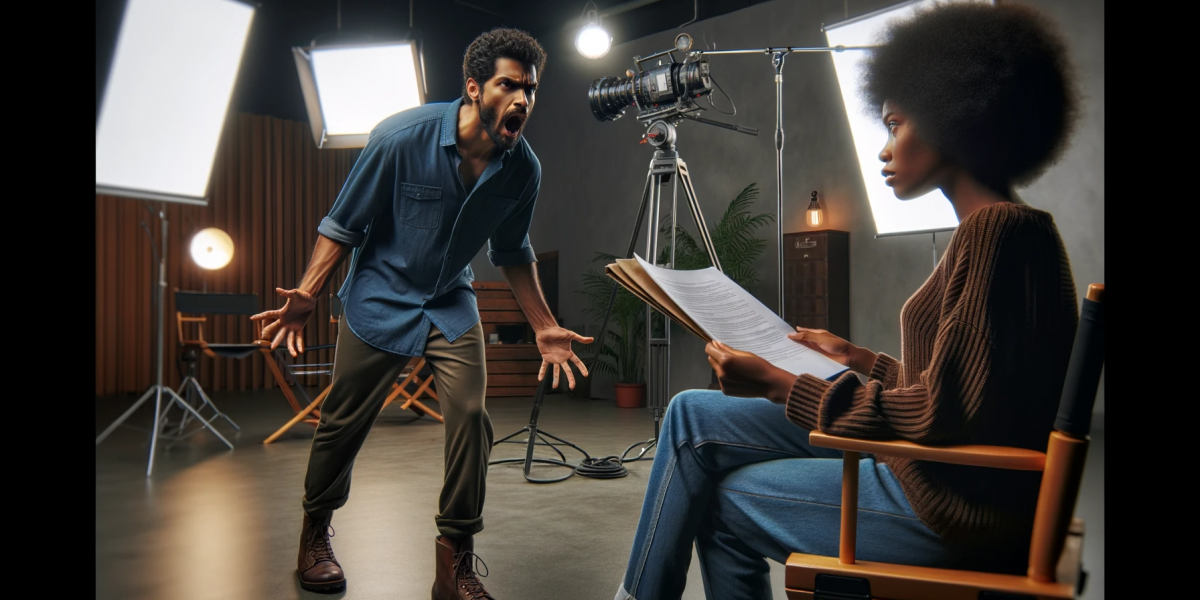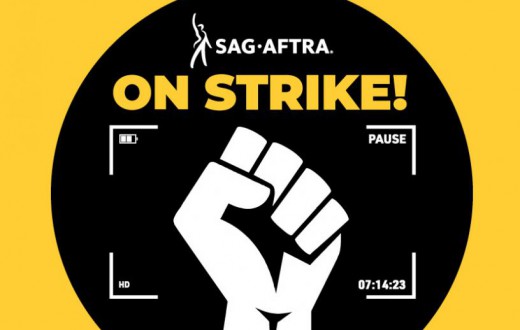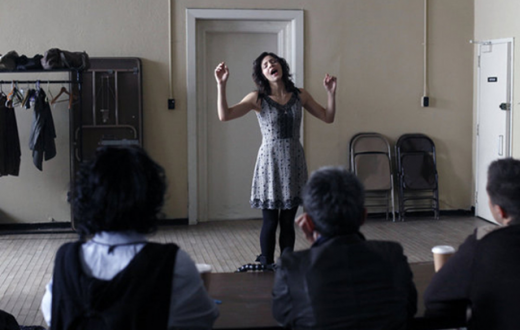The new SAG-AFTRA deal includes significant changes to the self-tape audition process, providing actors with more protections and lessening some of the challenges they face. These changes, resulting from ongoing contract negotiations, address concerns within the actor community. Here are the key details of the new rules:
- Cost of Audition: All self-tape audition requests must be free for actors to view and submit.
- Shot and Set-up Requirements: Producers are only allowed to request a full body shot in “portrait mode”. Requests for horizontal body shots, or shots requiring the actor to pan the camera up and down their body, are now contract violations. Self-tape auditions cannot require multiple shots, angles, or setups.
- Technical Requirements: Casting and producers can no longer require technical features beyond the basic ability to see and hear the audition. Requirements for specific backgrounds, colors, or HD specifications are now considered contract violations.
- Memorization Requirements: Actors are no longer required to memorize their lines for self-tape auditions. They are protected by their contract if they need to use their sides or a teleprompter.
- Turn-around Time: The rules mandate a minimum turnaround time of 48 hours for adults and 72 hours for minors (excluding weekends and holidays) for self-tape submissions, addressing the issue of very short notice for self-tape requests.
- Page Limits: There are now limits on the length of scripts for auditions. Initial or first-time auditions are limited to 5 1/2 pages, and callback auditions are limited to 12 pages.
- Live Audition Rights: Actors must be provided with an opportunity for a live audition, either in person or virtually. This gives actors who are unable or unwilling to self-tape the chance to audition in a different format.
- Prohibitions for Production: Productions are prohibited from requesting nudity in auditions, sharing self-tape materials with the public, and requesting any stunt work via self-tape.
- Requirements for Production: Productions must provide any necessary music for dance auditions, store self-tape media securely, and offer comprehensive information about the role being auditioned for.
These changes represent “new and very meaningful protections” for actors in the self-tape audition process, as per SAG-AFTRA leadership. These adjustments aim to make the audition process more equitable and less burdensome for actors, reflecting the evolving dynamics of the industry.
For more details go to: https://www.sagaftra.org







